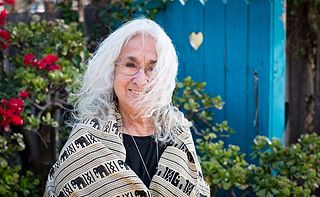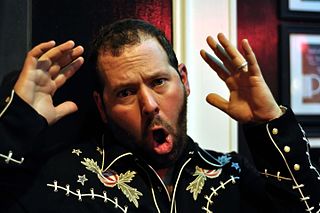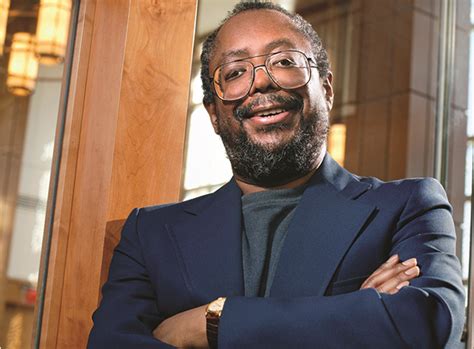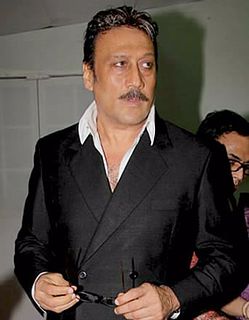A Quote by Padgett Powell
They got into fact checking at the 'Paris Review,' and it was mortifying. There was a wrangle about Hemingway's lost stories that nearly killed me. It turns out he didn't lose those stories. They weren't stolen from the platform.
Related Quotes
We've all heard stories about poker players grinding it out for two days straight. Believe me; I've got stories like that of my own. But the bottom line is that these stories usually don't have great endings. That's because the mind starts playing tricks after a marathon poker session, especially after a losing session.
Stories move in circle. They don’t move in straight lines. So it helps if you listen in circles. There are stories inside stories and stories between stories and finding your way through them is as easy and as hard as finding your way home. And part of the finding is the getting lost. And when you’re lost you start to look around and to listen.
The thing I like so much about short stories is that there isn't as much of an investment of time so I'm free to experiment more. If it doesn't work out, I've only lost a week or two of work. If I screw up a novel I've lost at least a year's worth of work. But the nice thing is that those experiments with short stories can be carried over to novels when the experiments do work.
AS SOMBRAS DA ALMA. THE SHADOWS OF THE SOUL. The stories others tell about you and the stories you tell about yourself: which come closer to the truth? Is it so clear that they are your own? Is one an authority on oneself? But that isn't the question that concerns me. The real question is: In such stories, is there really a difference between true and false? In stories about the outside, surely. But when we set out to understand someone on the inside? Is that a trip that ever comes to an end? Is the soul a place of facts? Or are the alleged facts only the deceptive shadows of our stories?






































